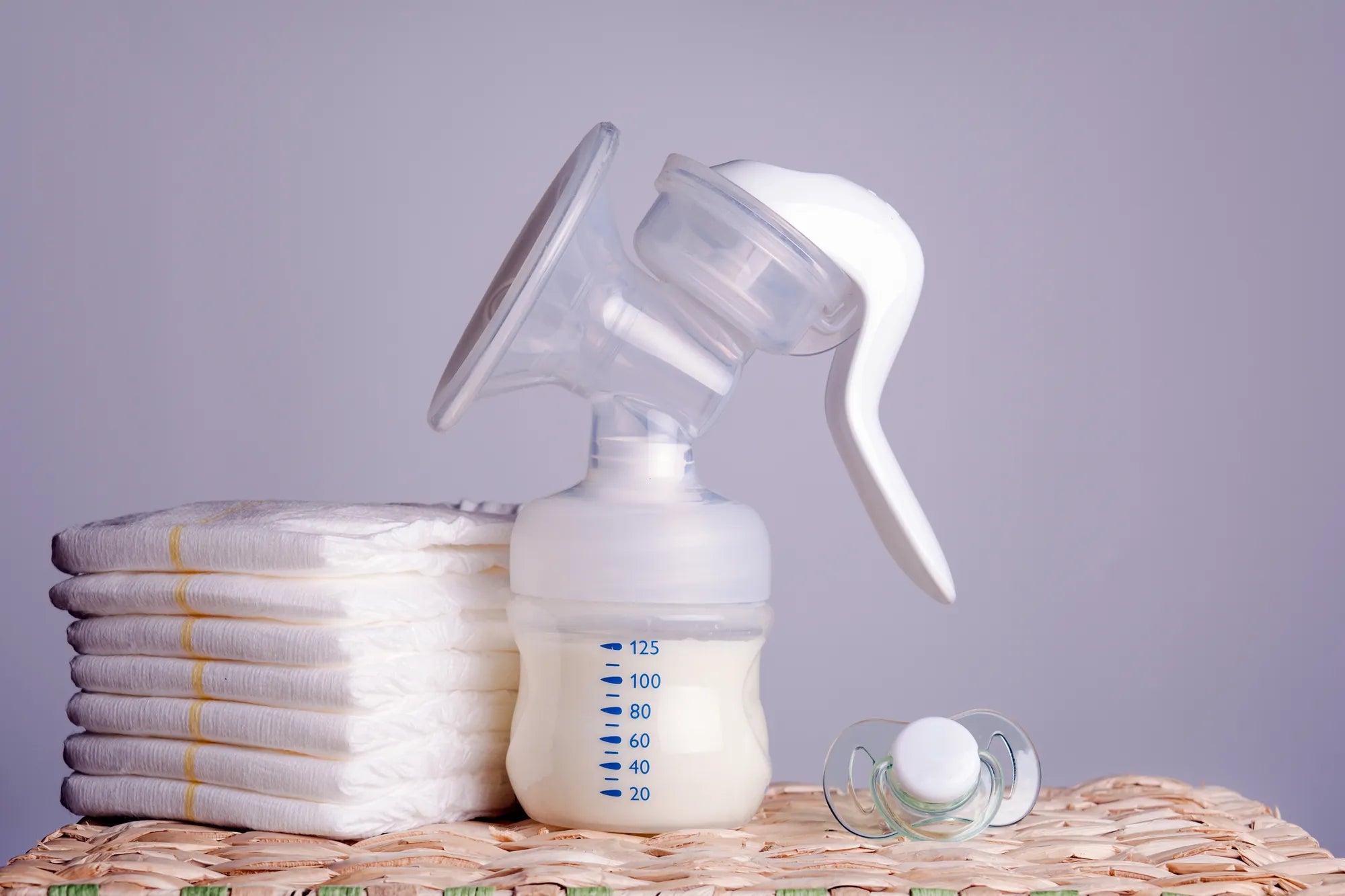Home
Pregnancy, Breastfeeding, and Pumping: The Ultimate Guide for Moms
Can Pumping Breast Milk Help Lose Weight? Exploring the Connection

Can Pumping Breast Milk Help Lose Weight? Exploring the Connection
For many new mothers, shedding postpartum weight is a top priority. Amidst the challenges of caring for a newborn, finding effective ways to lose weight can feel overwhelming. One question that often arises is: Can pumping breast milk help lose weight? This article delves into the science behind breastfeeding, pumping, and weight loss to provide a comprehensive understanding of this topic.
The Science Behind Breastfeeding and Weight Loss
Breastfeeding is a natural process that requires energy, which can contribute to calorie burning. When a mother breastfeeds, her body uses stored fat to produce milk, potentially aiding in weight loss. Pumping breast milk, while not identical to direct breastfeeding, still stimulates milk production and can have similar effects on calorie expenditure.
Caloric Expenditure During Breastfeeding and Pumping
Producing breast milk is an energy-intensive process. On average, breastfeeding mothers burn an additional 300 to 500 calories per day. Pumping breast milk can also contribute to this caloric expenditure, though the exact amount may vary depending on factors such as milk production volume and pumping frequency.
Hormonal Influences on Weight Loss
Breastfeeding and pumping trigger the release of hormones like oxytocin and prolactin, which play a role in milk production and uterine contraction. These hormonal changes can also influence metabolism and fat storage, potentially supporting weight loss efforts.
Postpartum Weight Loss Challenges
While breastfeeding and pumping may aid in weight loss, it’s important to recognize that postpartum weight loss is a gradual process. Factors such as sleep deprivation, stress, and dietary habits can impact weight loss progress. Combining pumping with a balanced diet and regular exercise can enhance results.
Balancing Nutrition and Milk Production
Maintaining a healthy diet is crucial for both milk production and weight loss. Consuming nutrient-dense foods and staying hydrated can support milk supply while providing the energy needed for daily activities. Avoiding excessive calorie restriction is essential to ensure both mother and baby receive adequate nutrition.
Pumping Frequency and Weight Loss
The frequency of pumping can influence its impact on weight loss. Regular pumping sessions stimulate milk production and increase caloric expenditure. However, it’s important to find a balance that works for individual needs and schedules.
Combining Pumping with Exercise
Incorporating physical activity into a postpartum routine can amplify weight loss efforts. Low-impact exercises, such as walking or yoga, can be particularly beneficial for new mothers. Pumping before exercise can help ensure comfort and prevent engorgement.
Mental Health and Weight Loss
Postpartum mental health plays a significant role in weight loss. Stress and anxiety can hinder progress, while a positive mindset can enhance motivation. Pumping breast milk can provide a sense of accomplishment and contribute to overall well-being.
Long-Term Weight Management
While pumping breast milk may support initial weight loss, long-term weight management requires a holistic approach. Adopting healthy lifestyle habits, such as mindful eating and regular physical activity, can help maintain weight loss results over time.
Pumping breast milk can be a valuable tool for new mothers seeking to lose weight. By understanding the connection between pumping, calorie expenditure, and hormonal changes, mothers can make informed decisions about their postpartum fitness journey. Remember, every mother’s experience is unique, and patience is key to achieving sustainable results.
Share

